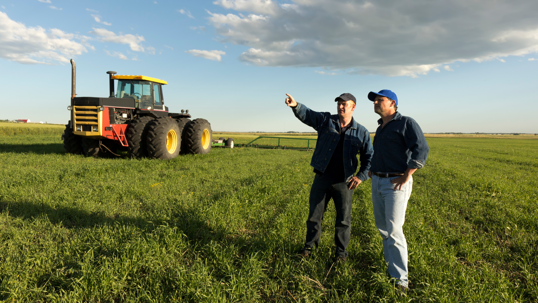

By: Brad Marsicek, Goosmann Law Omaha
The Cooperative Marketing Act, was passed by Congress in 1926, which expanded on the Capper-Volstead Act of 1922, in response to the growing trend of farmers forming cooperatives to market their products. The Cooperative Marketing Act allowed farmers to exchange information about the market and crops along with other similar information. Under Capper-Volstead, they were only allowed to exchange information regarding pricing. The law provides legal protection to agricultural cooperatives that are owned and operated by farmers, allowing them to engage in certain activities that would otherwise be considered antitrust violations.
To ensure compliance with the Capper-Volstead Act and other relevant laws, agricultural cooperatives can take the following proactive steps:
- Understand the law: It is important for cooperative leaders and members to understand the provisions of the Capper-Volstead Act and any other laws that may apply to their organization. This can involve consulting with legal experts, attending workshops or training sessions, and reviewing relevant publications or online resources.
- Establish governance procedures: Cooperatives should establish clear governance procedures to ensure compliance with the law. This can involve developing bylaws, policies, and procedures that govern the cooperative’s operations and decision-making processes.
- Maintain accurate records: Cooperatives should maintain accurate and up-to-date records of their activities, including financial transactions, membership data, and marketing agreements. This can help ensure compliance with reporting requirements and provide a record of the cooperative’s compliance efforts.
- Monitor compliance: It is important to regularly monitor the cooperative’s activities to ensure compliance with the law. This can involve reviewing marketing agreements, financial statements, and other relevant documents to ensure that the cooperative is operating in accordance with the law.
- Seek legal advice when necessary: If the cooperative is unsure about compliance with the law, or if it is facing legal challenges, it may be necessary to seek legal advice from a qualified attorney with experience in agricultural law.
By taking these proactive steps, cooperatives can help ensure compliance with the law and avoid potential legal and financial risks. Additionally, compliance with the law can help build trust with members and stakeholders and enhance the cooperative’s reputation as a responsible and reliable business partner.
If you have questions about the laws surrounding cooperatives and the Capper-Volstead Act contact Goosmann Law Firm today at 855-909-4442.